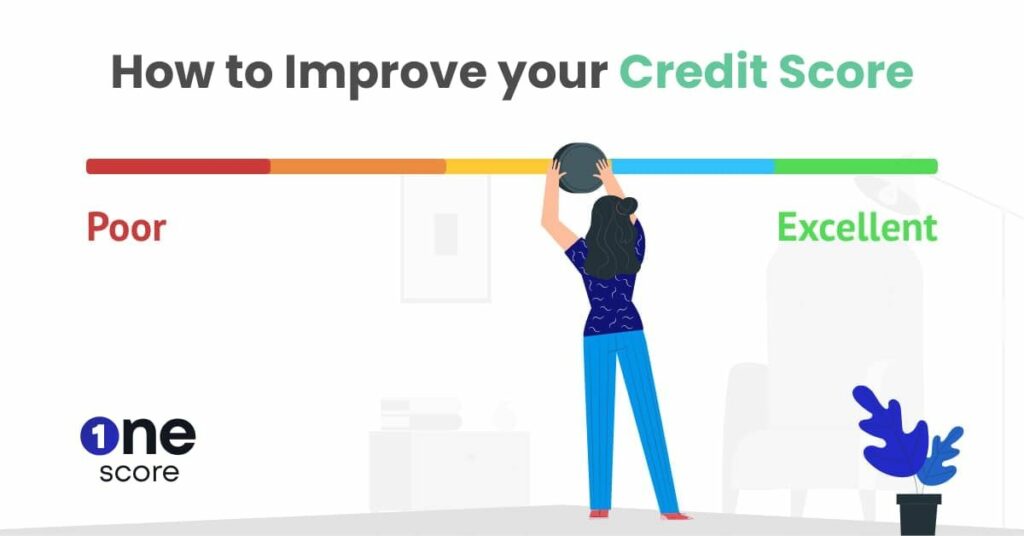Is it feasible to make too much money as an SSI recipient who also works or has other sources of income? To put it simply, yeah. Your Supplemental Security Income (SSI) benefits may be decreased or even terminated if you earn too much money. However, ABLE accounts can let you get past the asset and income restrictions.
Who Is Eligible for SSI?
Those who qualify for Supplemental Security Income are typically either too old to work or unable to do so due to a disability. People who are eligible for government assistance receive money to go toward necessities like food, clothing, and a place to live.
“It’s a needs-based system,” explains Mary Anne Ehlert, CFP, founder of Protected Tomorrows, a firm that specializes in financial planning for families with members who have special needs.
A recipient of Supplemental Security Income (SSI) benefits must be low-income, not eligible for Social Security, and in need of assistance. There is an emphasis on financial need and asset ownership in this program. For this, “you need to prove you can’t make money and have no assets,” as Ehlert puts it.

Income and Asset Limits for SSI Benefits
In order to qualify for or keep receiving SSI payments, recipients must stay below a certain income and asset threshold. A single beneficiary in 2022 may not have more than $2,000 in assets or a monthly income of $1,767.
“Technically, SSI beneficiaries cannot be gainfully employed,” explains Cynthia Haddad, co-founder of Special Needs Financial Planning at Affinia Financial Group. A beneficiary’s “approval is based on your ability to work,” as stated by Haddad, and the Social Security Administration will consider this factor alongside the beneficiary’s income and assets when determining whether or not the beneficiary is eligible for SSI.
You are welcome to check out the more articles that are relevant to finances, the links to which are provided below:
- Nicola Sturgeon’s Husband Peter Murrell Detained for SNP Finances
- Stay On Top Of Your Finances With CosmoProf Credit Card Login
Further SSI Income and Asset Limit Considerations
As of 2022, the maximum federal SSI benefit for an individual is $841 per month, while the maximum payment for a married couple is $1,261. Again, if your only source of income is a salary, the cap is $1,767 per person or $2,607 per couple.
Those figures also fluctuate on a yearly basis. Since those receiving SSI benefits are expected to be unable to work because of their condition, “if you can make more than [the income limit], the SSA takes that as a signal that you’re not disabled,” as Ehlert puts it.
For the purposes of the SSA’s asset limit, there are some important exclusions from the category of “countable resources” (another term for assets). Again, a single person cannot have more than $2,000 or a couple more than $3,000 in countable resources. This includes savings, investments, and even life insurance. However, the following are omitted from this set:
- Your home and its property
- One vehicle, if it’s used for transportation
- Household goods and personal belongings
- Burial plots and burial funds up to a certain limit
- Up to $100,000 in an Achieving a Better Life Experience (ABLE) account
What Happens if You’re Over the Limit?
When determining SSI eligibility or any adjustments to a recipient’s benefits, the SSA will take into account the recipient’s countable income. What happens if you go above the limit, though? Whether or not you have earned money, and whether or not your state supplements your SSI benefits, are just two of the many variables to think about.
If your income exceeds the thresholds, your benefits may be decreased or perhaps eliminated altogether, as stated by Ehlert. The Social Security Administration (SSA) will limit payments by half of monthly earnings once a recipient earns $85 per month ($65 in earnings and $20 in other income).
According to Ehlert, “the first $85 of a recipient’s monthly income is considered free by the SSA, but after that, half of their SSI check is taken away.” If a beneficiary has monthly income of more over $1,767 in 2022, they may have their benefits cut off.

How To Use ABLE Accounts as a Workaround?
Haddad and Ehlert both mention ABLE accounts as a mechanism for recipients to circumvent the SSI asset and income thresholds. ABLE accounts were established under the same section of the tax code as 529 plans, allowing beneficiaries who find themselves with excess funds to place those funds in an ABLE account without them counting toward the asset or income limit until the account balance exceeds $100,000.
Ehlert notes that ABLE accounts are “very similar to 529 plans,” and that $16,000 per year can be contributed to them. “Even close friends and relatives can help out.”
You can read more financial articles by following the links we’ve provided below:
- Student loan refinances rates beat up, but there’s yet time to catch a deal
- How Should Student Debts Be Repaid? Prepare, What You Should (and Shouldn’t) Do is Listed Below!
Special Needs Trusts and SSI Eligibility
A special needs trust, also known as a supplemental needs trust, is a type of trust set up for the benefit of a disabled person that allows them to keep receiving government assistance like SSI payments even if they become wealthy.
As long as the money is used for eligible expenses, the trust’s assets are not included toward an income or asset limit, allowing the beneficiary to cover costs over and beyond what SSI or other government benefits may cover.
While special needs trusts and ABLE accounts share some similarities, the latter are intended to replace or supplement the former’s federal assistance. The payouts should help the beneficiary and pay for things that regular SSI benefits can’t.
Can I Get SSI Benefits for My Disabled Child?
Until the child becomes 18, the parents’ income and assets will be used to determine whether or not the youngster is qualified for benefits; but, “at the age of 18, if the child has a disability, they become eligible on their own,” explains Haddad. The next step is for the youngster to go through the lengthy process of establishing that they are disabled and need SSI payments to support themselves.
Will My State Supplement My SSI Benefits?
The majority of states add to the federal SSI payment. Only the Northern Mariana Islands and the states of Arizona, Arkansas, Mississippi, North Dakota, Tennessee, and West Virginia do not. Supplemental payments are paid and administered by some states independently. If a recipient has questions about the number or breadth of their SSI supplemental payments, they should contact their state’s department of social services.
What Income Is SSI Based On?
Earned and unearned income are considered separately when determining SSI eligibility. Wages, net profits from self-employment, royalties, honoraria, and proceeds from sheltered workshops all count as earned income. Unearned income includes things like Social Security, unemployment, pensions, assistance and maintenance in kind, annuities, rent, and compensation for injuries or illness received while on the job.
The Bottom Line
SSI recipients are subject to a cap on both income and assets: $1,767 for an individual and $2,607 for a couple, respectively, and $2,000 and $3,000, respectively, for assets. If beneficiaries go over the limit, the Social Security Administration will restrict or cut off their benefits. However, if the beneficiary’s ABLE account balance is less than $100,000, they may be able to use it as a workaround.
When you click the “Like” button on our Facebook page, you give us permission to send you updates via Facebook Messenger.
You can view further financial articles by clicking on the links provided below:
- Texas Senators Include Greater Property Tax Relief for Businesses in Fresh Pitch to House
- Important Things You Need to Pay Attention to as Student Loan Payments Start




